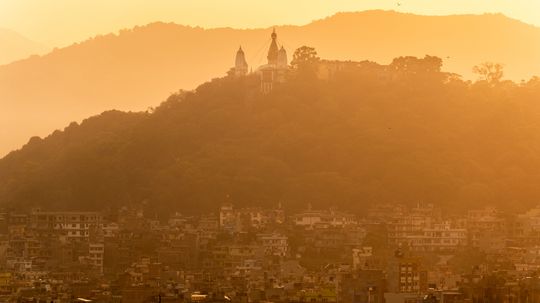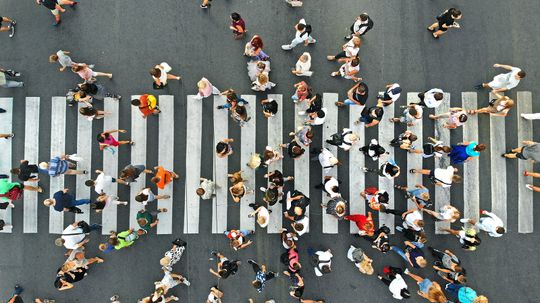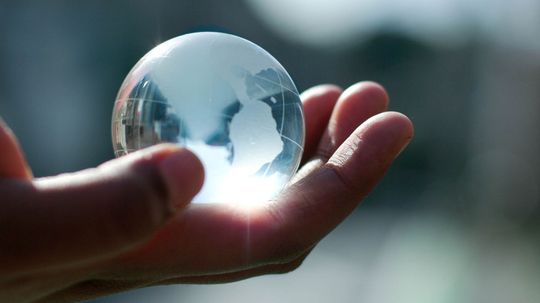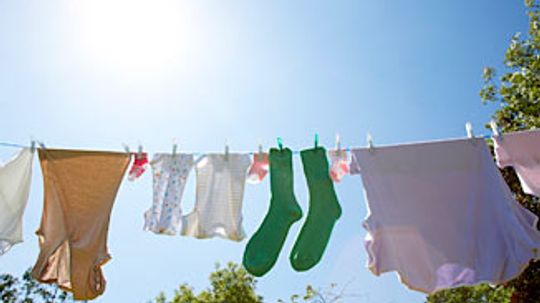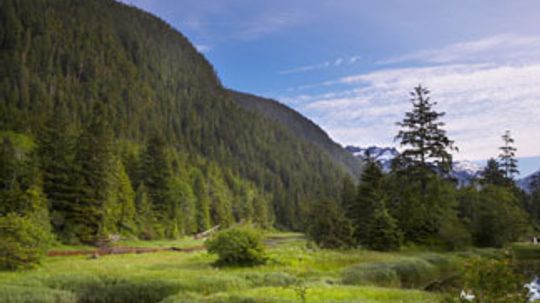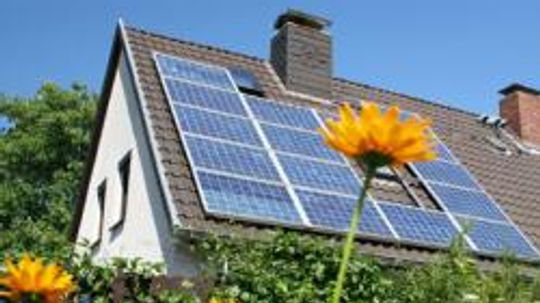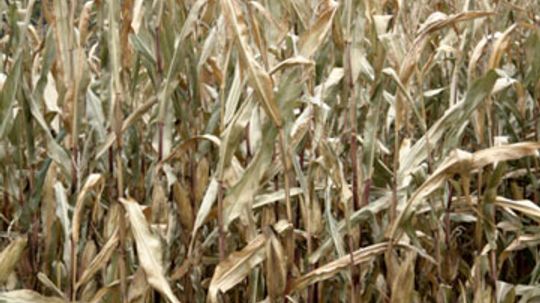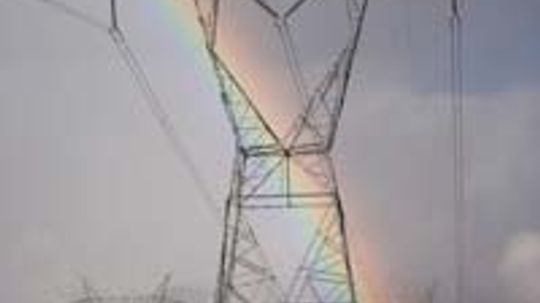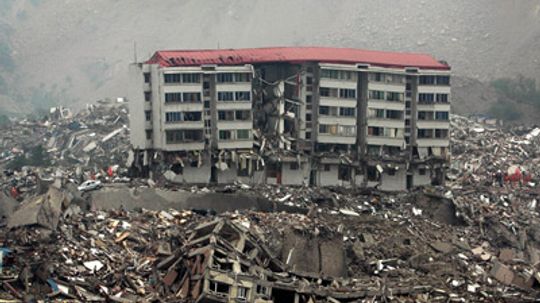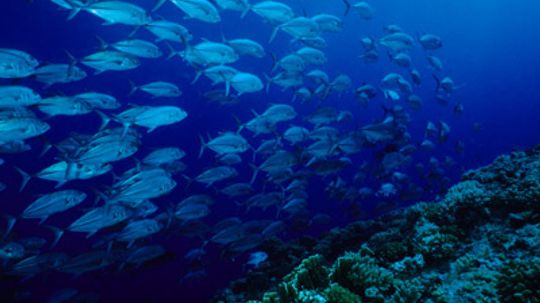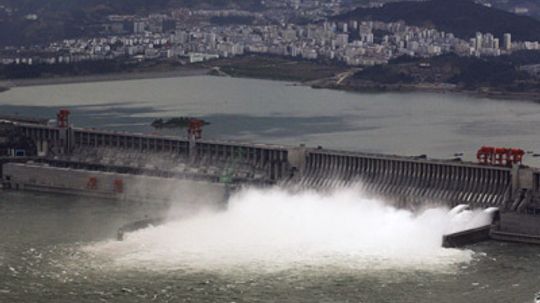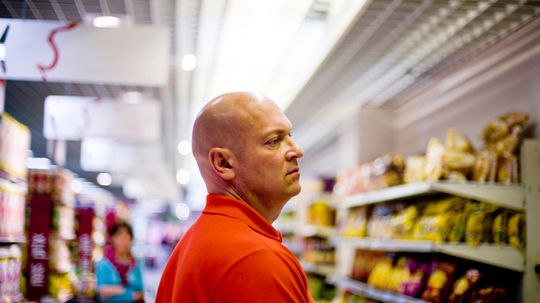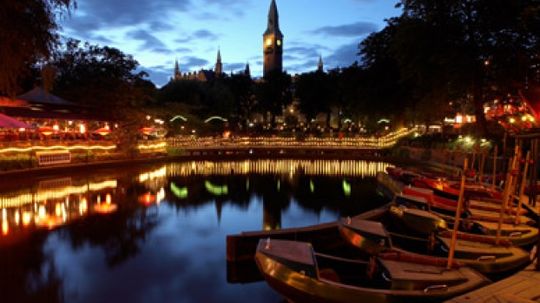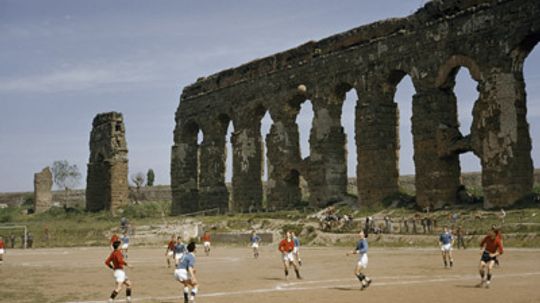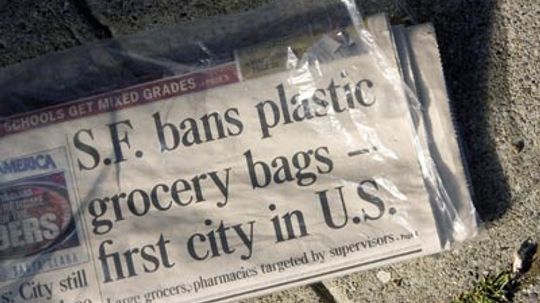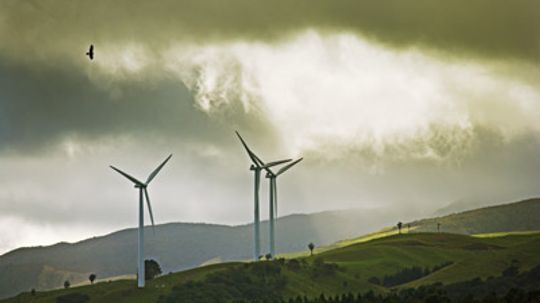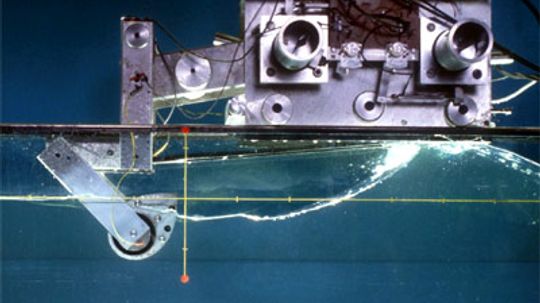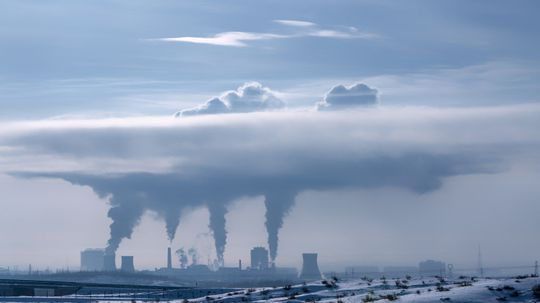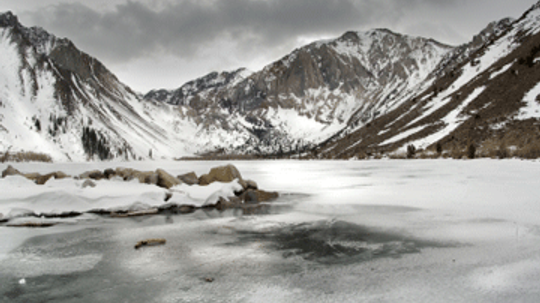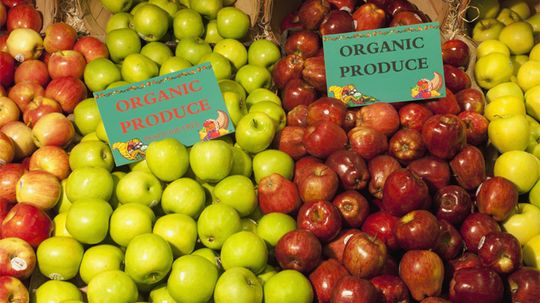Green Science
Green Science is the application of eco-friendly thinking to scientific disciplines. Learn about global warming, pollution and other impacts on nature and the planet, plus what we can do to combat them.
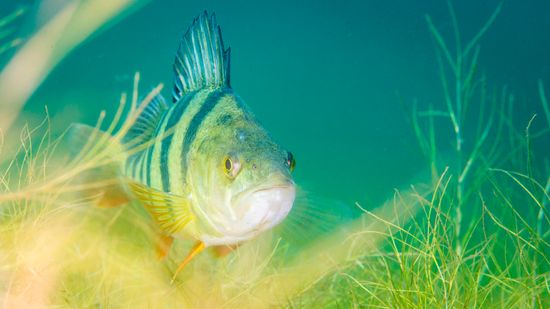
The Fish Doorbell Isn't a Joke ... Seriously
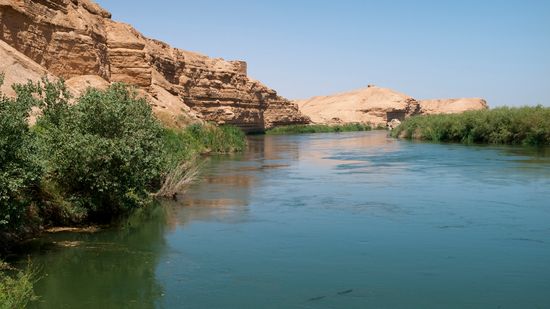
The Euphrates River, at the 'Cradle of Civilization,' Is Drying Up
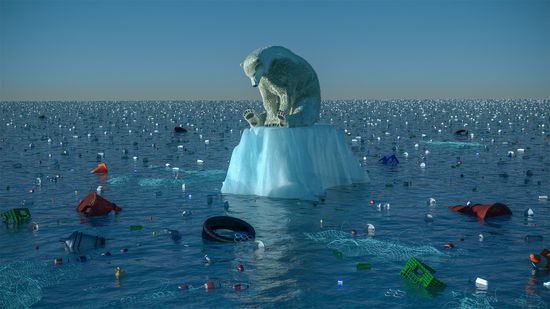
Study Says 2035 Is Climate Change Point of No Return
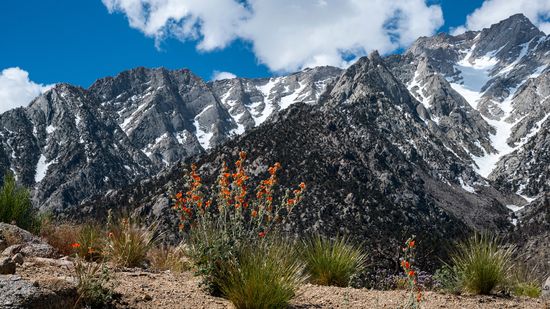
What State Has the Most Mountains in the U.S.? 8 Peak Records
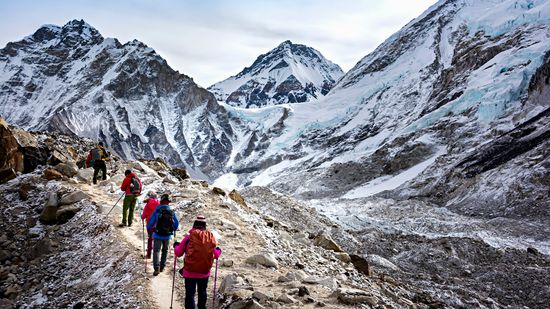
The Most Dangerous Mountain to Climb (and 14 Giving Steep Competition)
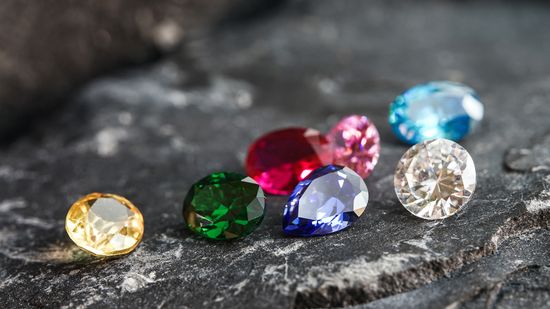
15 Types of Gemstones to Add a Little Sparkle to Your Life
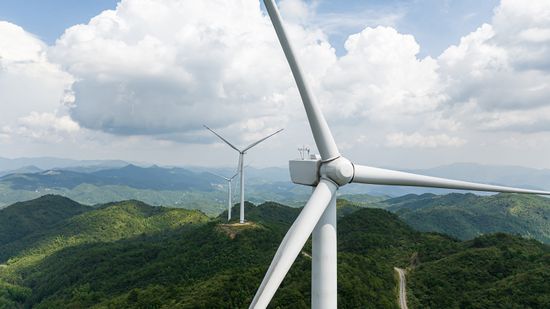
How Many Birds Are Killed by Wind Turbines, Really?

How a Lithium Mine Works and Impacts Local Communities
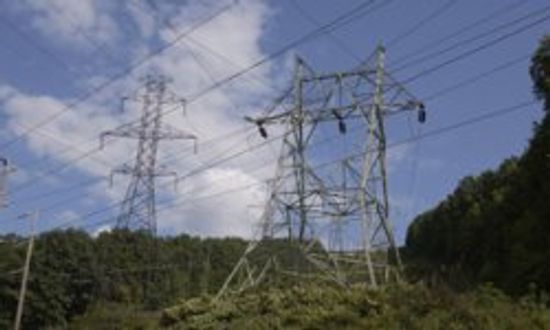
How to Sell Electricity Back to the Grid
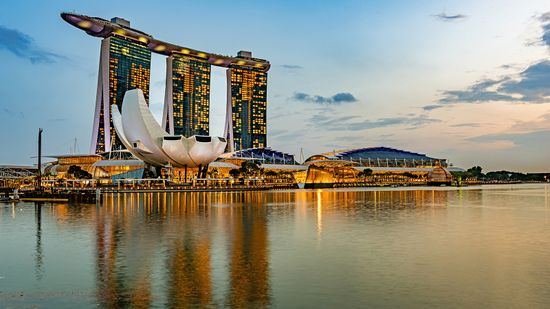
6 Most Futuristic Cities Powered by Renewable Energy
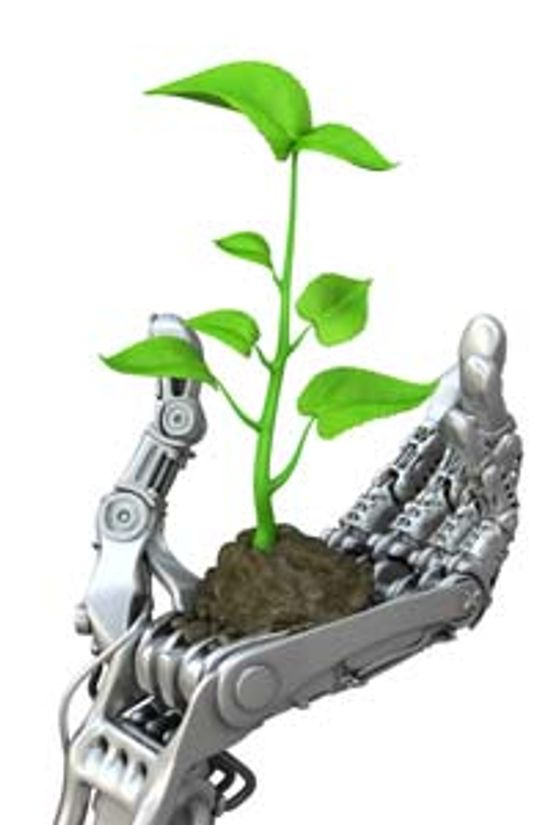
Top 5 Green Robots
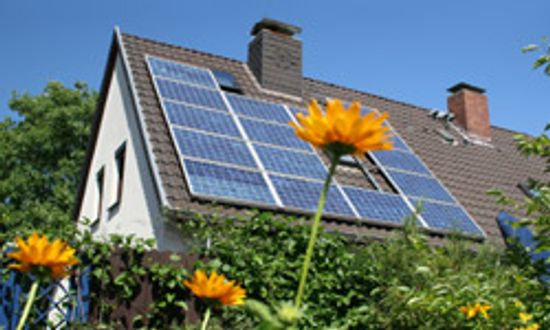
5 Things to Consider When Building a Solar-powered Home
Learn More
Air pollution is widely recognized as a major threat to public health, and while air quality data is widely available, the large-scale solutions are often difficult to enact. There are efforts in most developed countries to improve air quality, and pretty much everyone (except the polluters) agrees that it's an urgent problem.
By Zach Taras
The world's population is expected to hit 8 billion Nov. 15 2022. Is that too many people or just right?
Earth is a complex place, and its climate follows suit. That may explain why many of us are still confused about climate change. Think you can tell the facts from myths? Find out with this quiz.
By Mark Mancini
Advertisement
Over the years, many theories have been advanced about why the once-mighty Mayan civilization fell. But a newer one is getting attention: Was it because of climate change?
Environmental awareness is at an all-time high. We've moved beyond the message that littering is bad -- today we have Web sites, television programs, documentaries and books examining our impact upon the environment.
No one would blame you if you're sick of hearing about carbon. Every day it seems there are news stories about rising carbon levels, carbon emissions and even the search for new carbon-based life forms
This green science image gallery shows eco-friendly applications as they apply to scientific disciplines. Take a look at these green science pictures.
Advertisement
Though not everyone agrees why the Earth is getting warmer, temperatures are inching up worldwide. A couple of degrees doesn't seem like such a big deal. What difference can a subtle change make?
The mighty Romans certainly never thought it would happen to them, but the sun eventually sets on even the most powerful empires. Is there more to the story than war?
By Robert Lamb
We're currently suspended between two ages: a time dependent on fossil fuels and a future dominated by renewable energy sources. Yet not everyone is sold on this vision, so a number of myths about renewable energy persist.
By Robert Lamb
Most folks are trying to green their driving to help out the environment (and their wallets). But what is NASCAR doing to clean up its image?
By Julia Layton
Advertisement
Earthquakes are "natural" disasters, right? Yes, but that doesn't mean the shifting plates that cause them can't be aggravated by human industry.
By Julia Layton
Everyone knows carbon dioxide in the atmosphere is a problem. But what about carbon dioxide in the ocean? Is there a way to manipulate the world's seas so that they absorb more CO2?
China built the Three Gorges Dam to prevent floods and satisfy the nation's need for massive amounts of energy. What can go wrong when you dam one of the largest rivers in the world?
If your nearest source for food specializes in hot dogs, ice and a wide variety of potato chips, you might be living in a food desert. What's so dangerous about these barren regions?
Advertisement
You may think of corn as something you slather in butter and salt and wolf down at dinner. But everyone's favorite summertime vegetable has a new look, and it may be reducing our dependence on foreign oil.
By Robert Lamb
Sure, the Emerald City looked green, but you won't need green-tinted glasses to see how environmentally friendly the cities on this list are. What makes a city amazingly green?
L.A. and ancient Rome have more in common than a culture of excess. Both cities turned to complex systems of siphons and aqueducts to solve their water problems.
By Julia Layton
Are multipurpose plastic bags or those throwback brown paper bags more environmentally friendly? That question could leave you speechless on your next trip to the grocery store.
By Jane McGrath
Advertisement
For those who reduce, reuse and recycle to the beat of their own drum, here are some of the wackier ways to help better the environment and lessen carbon footprints.
For all of its cleanliness, wind power has long been linked to the grisly deaths of birds. Why did one range in California earn turbines the name "bird-o-matics"?
By Julia Layton
Its name sounds more like a beach tourist attraction than an alternative energy source. Could this Duck have prevented our current oil dependence? Is the renewable energy of waves the wave of our future?
By Jane McGrath
In an effort to detect areas with poor air quality, China is training people to sniff out harmful levels of pollution. But what effect does this have on the human body? Learn about how the brain identifies and distinguishes among scents as well as new odor-detecting technology.
By Josh Clark
Advertisement
When people talk about "the Ice Age," they generally mean the most recent one, but Earth has experienced them off and on for the last 600 million years. Are we on the brink of a new ice age?
Organic food promises freedom from synthetic ingredients. Find out what organic food is, how organic farming works, what the pros and cons are, and why you should care.
By Robin Brett Parnes
